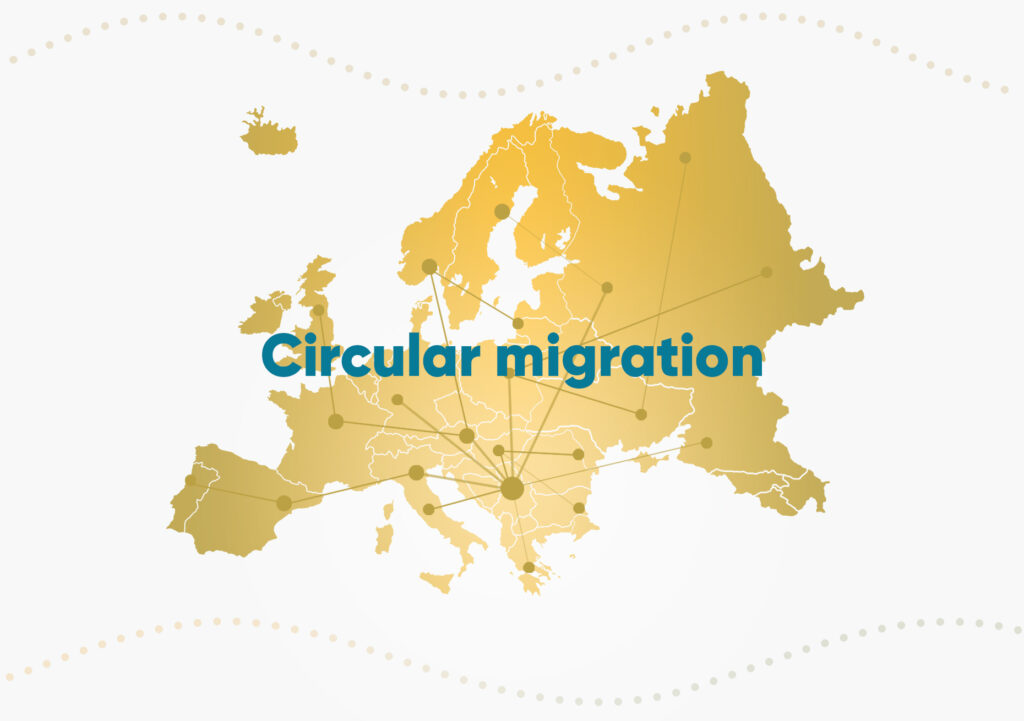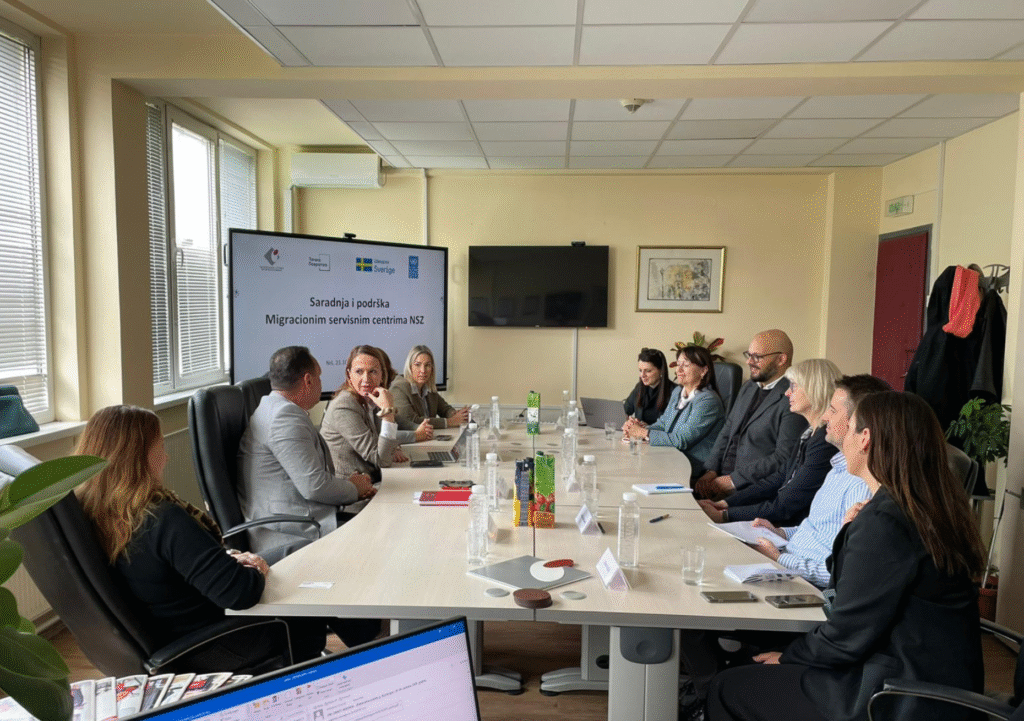As an organization that has been dedicated to supporting returnees and addressing all the challenges that returning to one’s home country brings for the past five years, we have gained a unique insight into how the phenomenon of reverse culture shock manifests among people – and how often it goes unnoticed. Through direct conversations and shared events with returnees, it became clear to us that many go through this challenge without recognizing it, often facing it alone.
That’s why we decided to devote special attention to this topic and create a dedicated, in-depth section in our Guides focused specifically on the phenomenon of reverse culture shock. In this section, we aim to name the experience, explain what reverse culture shock is, how to recognize it, what symptoms are most commonly encountered, and – most importantly – how to deal with it.
Reverse culture shock is not simple, and it often arises when we least expect it, precisely at the moment when we most want to feel “at home.” The changes we’ve experienced while living abroad leave a deep imprint, and when we return to familiar surroundings, it can feel like nothing fits the way we imagined. That sense of confusion, frustration, or alienation is not a weakness – it’s a natural reaction to the deep changes we’ve undergone.
The new section in the Guides also offers specific advice for children and teenagers, who often face additional challenges when returning, as well as practical recommendations for families and ways to connect with the community during the adaptation process.
Our goal is to offer returnees not just understanding, but also concrete resources and support throughout this process, because reverse culture shock can last for varying periods of time and manifest in different ways. What matters most is knowing that you are not alone and that there are strategies that can help overcome these feelings. We invite you to visit our Returnee Guides and explore everything we’ve prepared on this important topic.
We also discussed all of this in a special podcast episode with Nikolina Janjić, a psychological counselor and returnee, who shares with us her personal experiences and professional insights on how reverse culture shock manifests and how we can cope with it.
If you know someone who is preparing to return or is already going through similar challenges, please share this information with them – because open communication and understanding are the first steps toward reconnection with oneself and the community.






